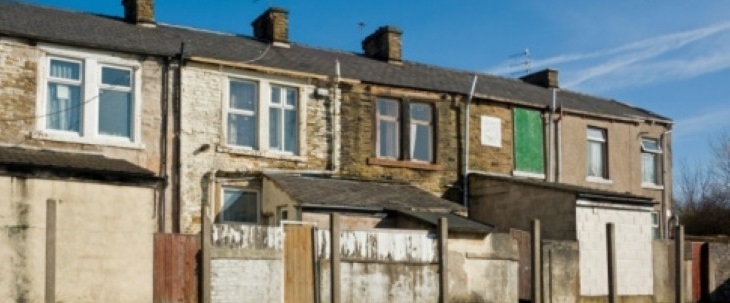
The private rental sector in England has the highest proportion of poor property standards of any tenure type according to a research published in Parliament. This finding follows the 2014/15 English Housing Survey which found that 29% of private rented properties would fail the Government’s decent homes standard for social housing, compared to 14% of social housing.
Despite numerous regulations in the private letting sector which govern repairs and maintenance requirements such as the Housing Health and Safety Rating System, a risk-assessment based regulatory model introduced in 2006, there are effectively no minimum property standards for rented housing in England.
The parliamentary report on the state of housing in England follows recent failed attempts to establish minimum housing criteria such as a Private Member’s Bill proposed by Karen Buck, the member of Parliament for Westminster North.
The proposed Fitness for Human Habitation Bill sought to amend the Landlord and Tenant Act 1985 to require that residential rented accommodation be provided and maintained in a state of fitness for human habitation, was adjourned on its second reading debate on 16th October 2015.
